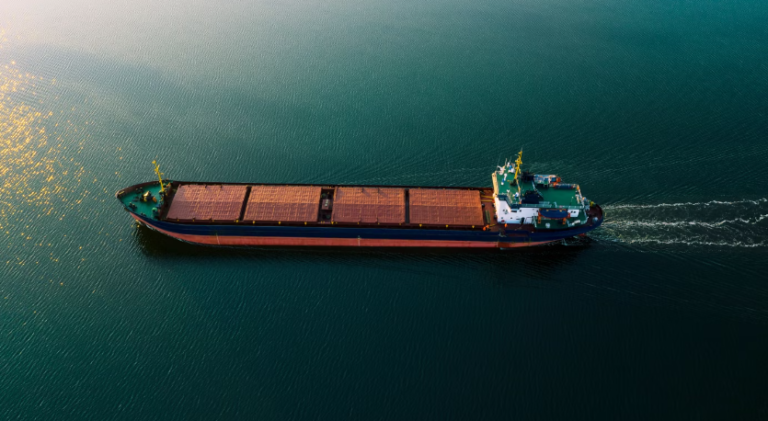While the HKC represents a significant step forward in regulating ship recycling practices, there is still work to be done to ensure that the industry is truly ready to comply with the convention’s standards. Addressing the issue of beaching and ensuring that all recycling yards meet the necessary safety and environmental requirements are crucial steps in this process.
As the HKC enters into force, it is important for all stakeholders in the maritime industry to work together to uphold the principles of safe and sustainable ship recycling. By holding each other accountable and striving for continuous improvement, we can create a more responsible and environmentally friendly future for ship dismantling and recycling.
With the HKC now in effect, the global shipping industry has the opportunity to set a new standard for ship recycling practices. By embracing the convention’s regulations and working towards a more sustainable future, we can ensure that end-of-life vessels are dismantled in a safe and environmentally sound manner, protecting both workers and the environment.
The issue of ship recycling has gained significant attention in recent years, especially with the entry into force of the Hong Kong Convention. According to BIMCO, there are over 15,000 vessels that need to be recycled, highlighting the urgency of addressing this issue. The NGO Shipbreaking Platform has reiterated the importance of sustainable ship recycling and raised concerns about the potential implications of the HKC.
Ingvild Jenssen, Executive Director & Founder of the NGO Shipbreaking Platform, expressed reservations about the HKC, stating that it may serve the interests of shipping companies looking to avoid the true cost of safe and environmentally sound end-of-life management. She emphasized the need to phase out beaching practices rather than endorse them, calling for a Convention that promotes responsible ship recycling practices.
Despite these challenges, some countries have taken steps to align with international environmental standards and safety regulations, particularly in the shipbreaking industry. Bangladesh, for example, has developed draft amendments to its ship recycling and hazardous waste management legislation to comply with global environmental norms. These amendments were discussed in a workshop in Dhaka, which also explored aligning the sector with key provisions of the Basel, Rotterdam, and Stockholm conventions.
Overall, the push for sustainable ship recycling practices continues to be a priority, with stakeholders working towards creating a more environmentally friendly and safe industry. By addressing issues such as beaching and aligning with international standards, countries can move towards a more sustainable future for ship recycling.

